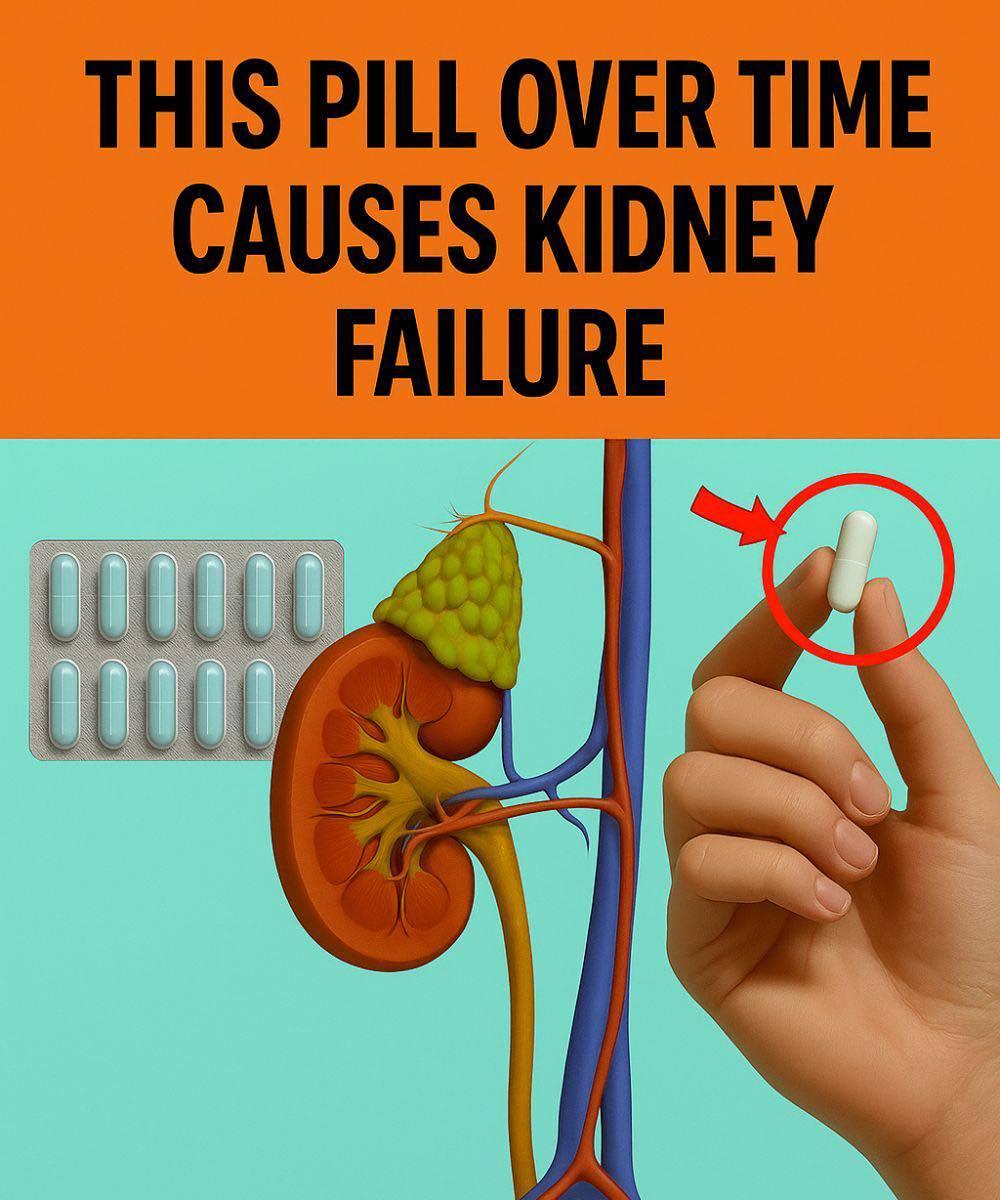Introduction
Medications are vital tools in modern medicine — they help manage pain, reduce inflammation, control blood pressure, treat infections and more. But like any powerful tool, they come with risks. One of the lesser‑highlighted risks is long‐term damage to your kidneys. Some pills, when taken over time without proper monitoring, may contribute to kidney injury that can escalate to chronic kidney disease (CKD) or kidney failure.
In this article we’ll explore which kinds of medications are most implicated, how long‐term use can damage kidneys, what signs to watch for, and how to protect yourself.
Why kidneys are vulnerable to medications
Your kidneys filter waste and excess fluids from the blood, regulate electrolytes, maintain acid‑base balance, and help control blood pressure. Because of these roles, they receive about 20–25 % of the resting cardiac output. This high blood flow and complex filtration function make them uniquely vulnerable to medications that affect blood flow, cause toxicity to renal tissues, or interfere with kidney function.
For example, when medications reduce blood flow to the kidneys, block certain filtration pathways, cause inflammation in kidney tissues, or lead to formation of crystals in tubules, kidney damage can occur. AAFP+1
Another complicating factor: the damage is often gradual and silent. Many people don’t realise they’re on a path toward declining function until significant kidney loss has occurred.

